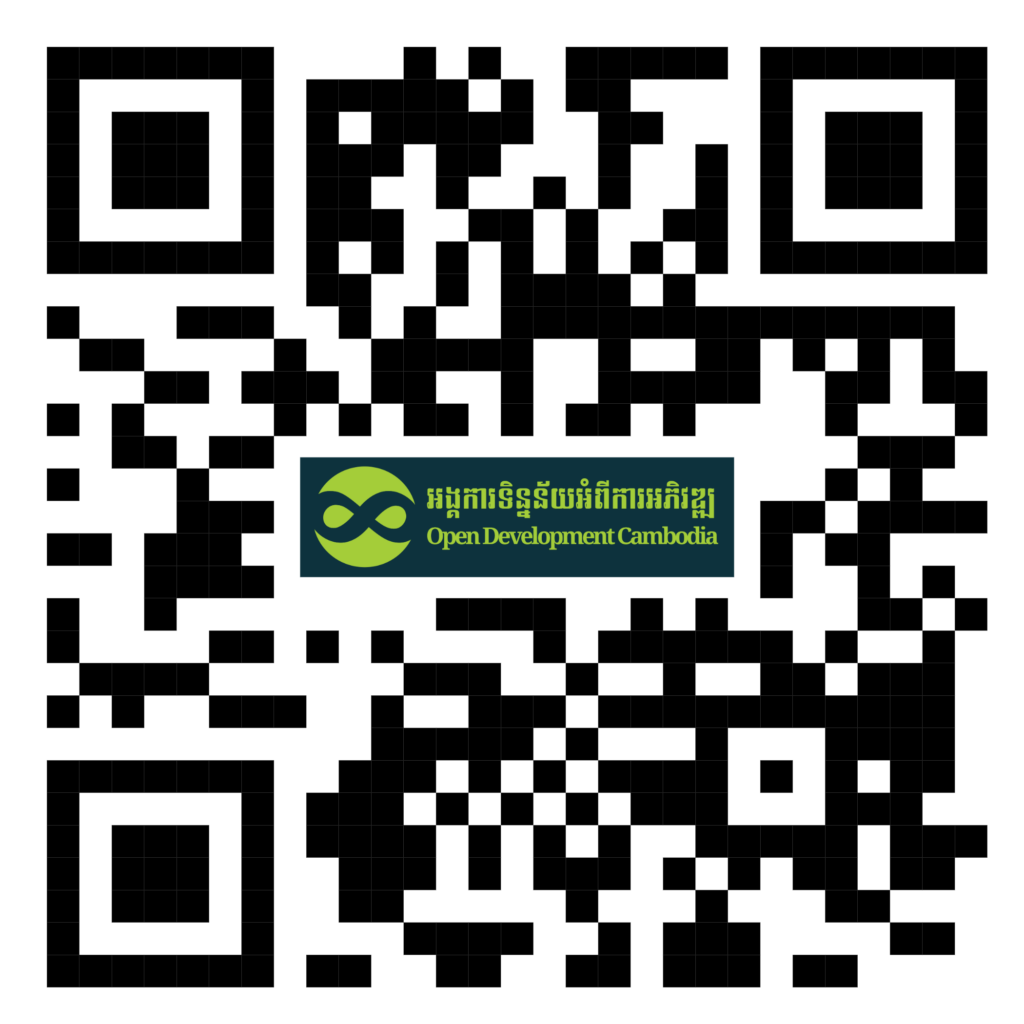Data visualization is the modern journalist’s secret method in today’s media landscape, where attention lengths are short and complexity abounds. It is the tool that enables stories to transcend the limitations of words, connecting with audiences through images that are meaningful to them. Journalists who master data visualization can easily navigate a flood of information, extracting patterns from chaos and presenting them in a way that is not only engaging but also immediately understandable. This training allows journalists to connect the power of data visualization, allowing them to skill narratives, engage, and leave a fast mark on the developing fabric of journalism.
With our “Data Visualization in Journalism” training, you can embark on a transformative journalistic journey that explores the intersection of data and narrative. Data visualization, the art of transforming raw data into compelling visuals, is more than a skill; it’s a narrative accelerator. In an age when information bombards our senses, journalists with data visualization skills gain the ability to change complex datasets, transforming them into impactful graphs, interactive charts, and dynamic maps that bring stories to life. This course provides an opportunity to seamlessly combine journalistic skills with data-driven precision, unleashing the potential of visual storytelling to captivate, inform, and inspire.
Purpose
The purpose of data visualization in journalism training is to equip journalists with the skills to integrate visual elements into their storytelling, enabling them to convey information, engage audiences, and unveil deeper narratives through impactful and accessible graphics.
What will you learn?
- Understanding data: Understand how data represent reality. Recognize data type, data structure, and format as a means to understand how to prepare data for fulfilling the visualization.
- Principles of data visualization: Learn to understand the role of visualization in journalism. How to choose the right visual for a desirable purpose and get familiarity with commonly used visualization types.
- Principle of chart design: Learn how to design a good chart and make your presentation clear to your audience.
- Introduction to Datawrapper: Introduce what Datawrapper is and how to create a visualization with it.
- Practice data visualization with Datawrapper: Learn to create data visualization with the tool.
Who should join?
- Journalist with strong familiarity with digital technology such as using smartphones, computers, and especially computer software such as Excel.
- Journalists who produce a lot of feature stories and that are required to use a lot of data.
- Journalists who aspire to learn new skills to enhance the quality of their reporting.
Expected outcome
The expected outcome of data visualization in journalism training is that participants will gain the ability to present complex data through compelling visual formats, enhancing the clarity and impact of their journalistic work while fostering a deeper connection with their readers or viewers.
Eligibility
Cambodian journalists (women, indigenous peoples, people with disabilities, and LGBTIQ+ are encouraged to join).
Prerequisites
Have a laptop and basic computer knowledge.
Important date
- Open for registration: 15th August 2023
- Close registration: 30th August 2023
- Announce the selected candidate: 04th September 2023
- Training date: 11th September 2023
For registration: https://rb.gy/a0rjt or scan QR Code below

Other Events
Science Talk #6: Current Situation of Drought in Cambodia
The event provides an opportunity for 25 participants from media institutions, universities, indigenous groups, and civil societies to meet with scientists in the field of environment to obtain scientific data for use in their work. This event is co-organized by CamboJA and Open Development Cambodia (ODC) under funding support from USAID through fhi360. Register: https://forms.office.com/r/PeAxg2vSs5
Asia Pacific Regional Internet Governance Forum (APrIGF) 2025
The Asia Pacific Regional Internet Governance Forum (APrIGF) serves as a regional platform for dialogue, collaboration, and exchange on Internet governance. Bringing together national IGF discussions and fosters progress in Internet governance throughout the Asia Pacific region.
Geo for Good Mini Summit Dublin
The Mini Summit is intended for nonprofit, academic, public sector, private sector, and Indigenous peoples and local communities who are using Google Earth Engine and other geospatial tools for planetary sustainability and human resilience. Because space is limited at the event venue, interested candidates will need to apply (and be accepted) to attend. Applicants must demonstrate how their work leads to planetary sustainability and human resilience around the world. Cost: Free. In-person participants are expected to cover their own travel expenses. Timeline May 14: Application opens June 7: Application deadline June 28: Applicants will receive email notification of their application decision. How to Apply Applications must be submitted by June 7, 2024 at 11:59pm Pacific Time. We will not be able to consider applicants that do not give detailed answers to open-ended questions or cannot provide supporting evidence of their projects and work (links to webpages, papers, news articles, etc.). We can only accept applications in the English language. If you have any questions, please reach out to geoforgood-info@google.com. APPLY HERE